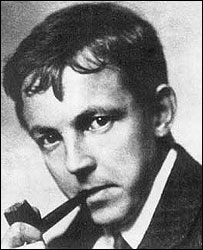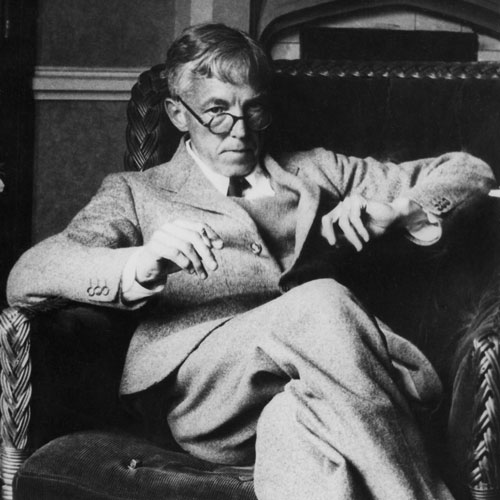Birth Anniversary of G. H. Hardy – February 7
- Godfrey Harold “G. H.” Hardy was born on 7 February 1877 in Cranleigh, Surrey, England.
known for
- He was an English mathematician, known for his achievements in number theory and mathematical analysis.
- In biology, Hardy is known for the Hardy–Weinberg principle, a basic principle of population genetics.
- In addition to his research, Hardy is remembered for his 1940 essay on the aesthetics of mathematics, titled A Mathematician’s Apology.
- He was the mentor of the Indian mathematician Srinivasa Ramanujan.
Childhood & Early Years
- When just two years old, he wrote numbers up to millions, and when taken to church he amused himself by factorising the numbers of the hymns.
- After schooling at Cranleigh, Hardy was awarded a scholarship to Winchester College for his mathematical work. In 1896 he entered Trinity College, Cambridge.
- In 1919 he left Cambridge to take the Savilian Chair of Geometry at Oxford.
Major Works
- In mathematics, G. H. Hardy is best remembered for his work on ‘Hardy–Ramanujan asymptotic formula’ and ‘Hardy–Littlewood circle method,’ while in biology, he is famous for his work on ‘Hardy–Weinberg principle’, which deals with population genetics.
- He is equally known for his 1940 book, ‘A Mathematical Apology’. In it, he had used the term “apology” to mean formal justification. Although it deals mainly with the aesthetics of mathematics, he had also added some personal content to it, giving us an insight into the mind of a working mathematician.
Awards & Achievements
- G. H. Hardy received a number of awards, among which the most important prizes were Smith’s Prize (1901), Royal Medal (1920), De Morgan Medal (1929), Chauvenet Prize (1932), Sylvester Medal (1940) and the Copley Medal (1947).
- In 1910, at the age of 33, Hardy was elected a Fellow of the Royal Society.
- He was the president of the London Mathematical Society from 1926 to 1928 and again from 1939 to 1941.
- In 1936, he received an honorary doctorate from the Harvard University.

Death
- He died in Cambridge, Cambridgeshire, England on 1 December 1947.

